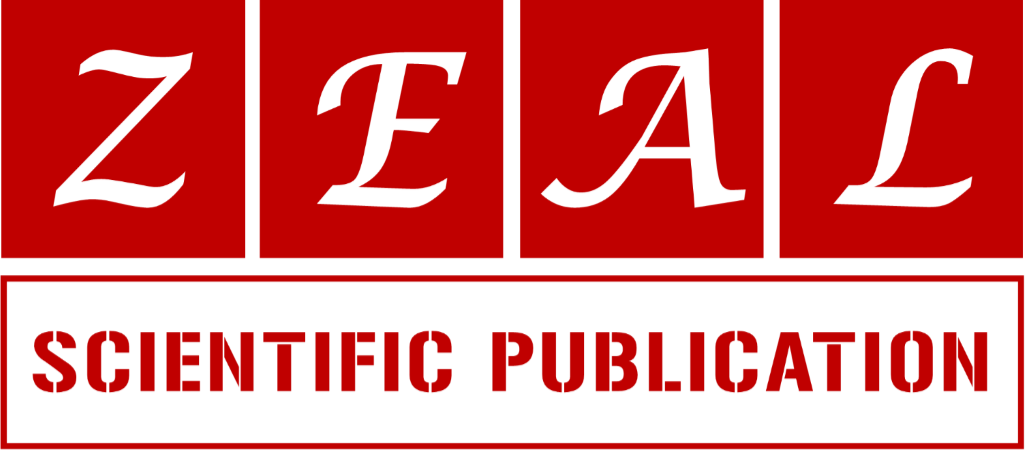Preparing the workforce for AI technologies through training and professional development for future readiness
1 Department of Agriculture Economics, Anambra State Polytechnic, Mgbakwu, Nigeria.
2 Zenith Pensions Custodian Ltd, Nigeria.
3 Zenith General Insurance Company Limited, Nigeria.
Review
World Journal of Engineering and Technology Research, 2024, 03(01), 001–018.
Article DOI: 10.53346/wjetr.2024.3.1.0050
Publication history:
Received on 01 July 2024; revised on 10 August 2024; accepted on 13 August 2024
Abstract:
The rapid advancement of artificial intelligence (AI) technologies is reshaping industries worldwide, underscoring the critical need for effective workforce preparation through training and professional development. This review paper aims to synthesize current research and practices related to equipping the workforce for the AI-driven future. By analyzing a broad spectrum of literature, the paper identifies key competencies required for AI proficiency, including technical skills, critical thinking, and adaptability. It examines various training methodologies, highlighting the importance of inclusive, accessible, and industry-aligned programs. The review further emphasizes the role of continuous professional development in maintaining workforce relevance amidst evolving AI technologies. Key findings suggest that comprehensive training and ongoing skill enhancement are vital for workforce readiness. The paper concludes with policy recommendations, advocating for investment in educational infrastructure, the promotion of public-private partnerships, and the fostering of lifelong learning cultures. These strategies are essential for bridging the skills gap, enhancing productivity, and driving economic growth in an AI-augmented future. This review contributes to the discourse on workforce development by providing insights and practical recommendations to ensure sustainable employment and effective utilization of AI technologies.
Keywords:
Artificial Intelligence (AI); Workforce Preparation; Professional Development; Personalized Learning; Micro-Learning; Gamification; Innovation Culture; Soft Skills; Diversity and Inclusion; Continuous Learning; AI Integration; Employee Engagement; Strategic Partnerships; Training Programs; Competitive Advantage
Full text article in PDF:
Copyright information:
Copyright © 2024 Author(s) retain the copyright of this article. This article is published under the terms of the Creative Commons Attribution Liscense 4.0
